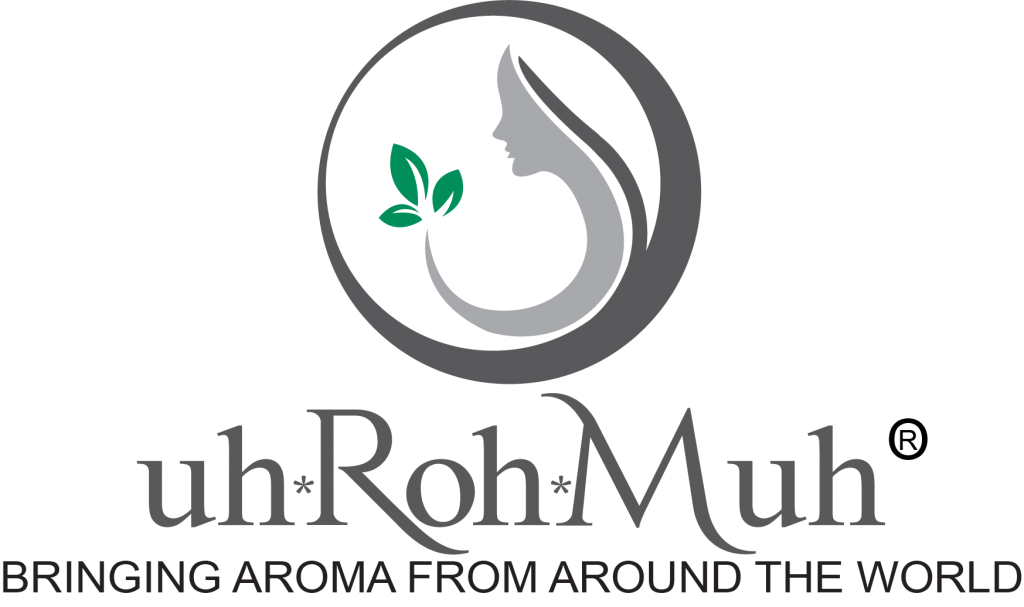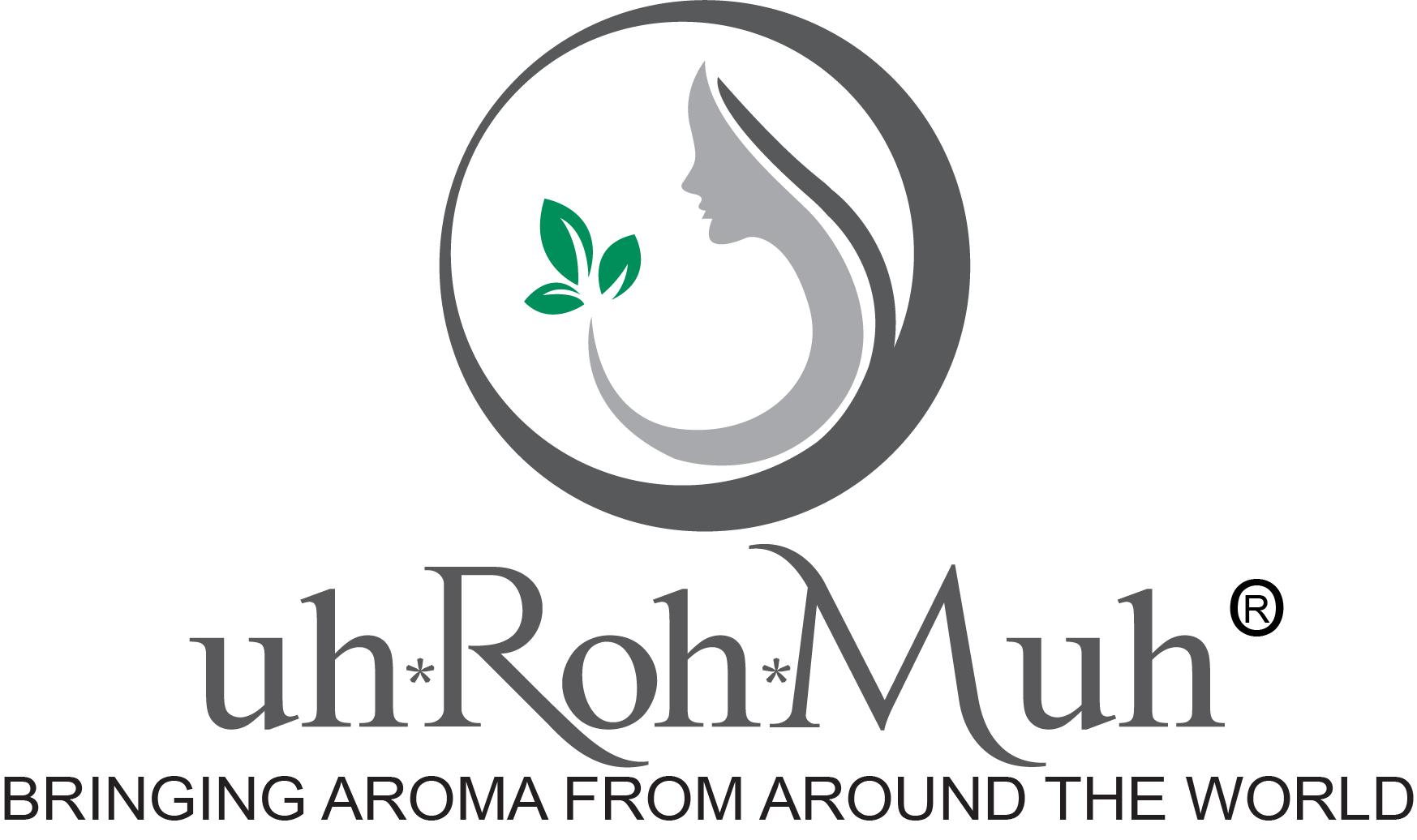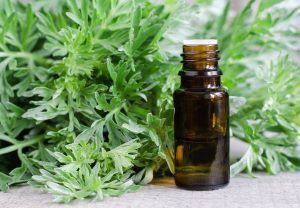Wormwood Essential Oil
Wormwood essential oil is made from the stems and leaves of the plant, whereas an extract or tincture may use the entire plant. These formulations lack calories, vitamins, or minerals but contain numerous plant compounds, the best known of which is thujone. This compound occurs in two forms — alpha- and beta-thujone, which differ at the molecular level. Although these differences are small, they’re meaningful because alpha-thujone is considered more toxic. It’s also the primary active ingredient in wormwood.
Wormwood Essential Oil in history
Wormwood (Artemisia absinthium) is an herb that’s prized for its distinctive aroma, herbaceous flavor, and purported health benefits. While native to Europe, it grows readily across various climates, including parts of Asia, Africa, South America, and the United States. It has velvety white or greenish-silver stems, yellow-green leaves, and bulbous flowers that are bright or pale yellow. All parts of the plant have been used in traditional medicinal practices for hundreds of years.
It gained notoriety from its use in absinthe, a French liqueur that was a favorite of many 19th-century artists, including Dutch painter Vincent Van Gogh — and purported to cause numerous adverse effects. Long considered a hallucinogen and potential poison, wormwood was banned in the United States for nearly a century, from 1912 until 2007. It’s now legally available in the United States.
Wormwood Essential Oil uses
1. Nourishes the Digestive System
Wormwood essential oil nourishes the digestive system as well as efficiently works well for eliminating the toxic substances from the body.
Being a cholagogue, it stimulates the secretion of bile from the liver. A cholagogue is a medicinal agent that promotes the discharge of bile from the system, purging it downward. Bile facilitates the breaking down of food to be readily and easily absorbed into the bloodstream. This assists the digestive system in preventing indigestion from occurring. The alkaline properties of bile help in neutralizing any excess acids in the stomach, preventing acid reflux and stomach ulcers.
2. Fight Parasitic Infections
Wormwood has been used to treat intestinal worms as far back as ancient Egypt. The property responsible for fending off parasites is thujone.
Intestinal worms such as tapeworms latch onto the digestive system and soak up the nutrients we get from food inhibiting growth and causing us a myriad of health problems. The high toxicity of wormwood oil can destroy such parasites. This in turn improves the absorption of nutrients by the digestive system.
3. Fight Fevers
Toxic properties of particular components like alpha and beta thujone in wormwood essential oil assist in combating infections since they kill microbes as well as inhibit their growth. They are also fatal for viruses that tend to cause fevers. Wormwood essential oil is therefore a very good remedy for fevers making it a competent febrifuge.
Research done by the Cancer Institute on the effectiveness of complementary and alternative medicine in 2004 observed that wormwood is efficient in treating fevers and is utilized in malaria treatment.
4. Treat Menstrual Problems
Wormwood essential oil is a natural emmenagogue. This means that it helps in unobstructed menstrual flow. Obstructed menstrual flows have significant health risks such as uterine tumors and in some severe cases, cancer.
It can also help in combating irregular menstruation, uterine fibroids, and menopausal problems. Wormwood essential oil can offer relief from abdominal cramps, nausea, fatigue, and headaches that come as a result of menstruation. This is achieved through the oil properties stimulating and enhancing blood circulation to the uterus and pelvic regions.
5. Fight Inflammation
Artemisinin, another plant compound found in wormwood, may help fight inflammation in your body. Prolonged inflammation is associated with several chronic diseases.
Artemisinin is thought to inhibit cytokines, which are proteins secreted by your immune system that promote inflammation.
Studies suggest that wormwood may help relieve Crohn’s disease, which is characterized by inflammation of the lining of the digestive tract. Its symptoms may include diarrhea, fatigue, abdominal cramps, and other digestive issues.
In one study in 40 adults with this condition, those taking a 500-mg wormwood supplement 3 times daily had fewer symptoms and a reduced need for steroids after 8 weeks, compared with those in a placebo group.
6. Helps in Combating Stress and Anxiety
Wormwood essential oil contains narcotic compounds that help relieve anxiety, tension, and feelings of nervousness. It can also be used to manage insomnia because the oil can induce feelings of calm and relaxation.
Contraindications
Wormwood might cause a hypersensitive reaction in individuals who are responsive to the Asteraceae/Compositae family. A diluted patch test on the arm or leg should be done.
Wormwood essential oil is harmful when taken orally. The oil should not be administered to children without significantly diluting the concentrated oil.
Pregnant and breast-feeding women should consult their physicians before using wormwood essential oil.
It is generally advisable to seek your physician’s opinion on when to use wormwood essential oil before and after any surgery or other underlying treatments.
Keep out of reach from children and pets.
Disclaimer
These statements have not been evaluated by the Food and Drug Administration. This product is not intended to diagnose, treat, cure or prevent any disease. If you are pregnant, nursing, taking medication, or have a medical condition, consult your physician before using this product.
The health benefits of Wormwood Essential Oil could be related to its properties just as one anti-helmitic, cholagogue, deodorant, digestive, emmenagogue, febrifuge, insecticide, narcotic, vermifuge, and tonic substance as explained earlier.
Sources:
https://www.healthline.com/nutrition/what-is-wormwood
https://www.ncbi.nlm.nih.gov/pmc/articles/PMC18101/
https://pubmed.ncbi.nlm.nih.gov/29184260/
https://www.ncbi.nlm.nih.gov/pmc/articles/PMC4898288/
https://pubmed.ncbi.nlm.nih.gov/2658044/
https://pubmed.ncbi.nlm.nih.gov/28606189/
https://www.ncbi.nlm.nih.gov/pmc/articles/PMC4077147/
https://www.ncbi.nlm.nih.gov/pmc/articles/PMC4660511/
https://www.ncbi.nlm.nih.gov/pmc/articles/PMC4297758/
https://en.wikipedia.org/wiki/Artemisia_absinthium




You must be logged in to post a comment.